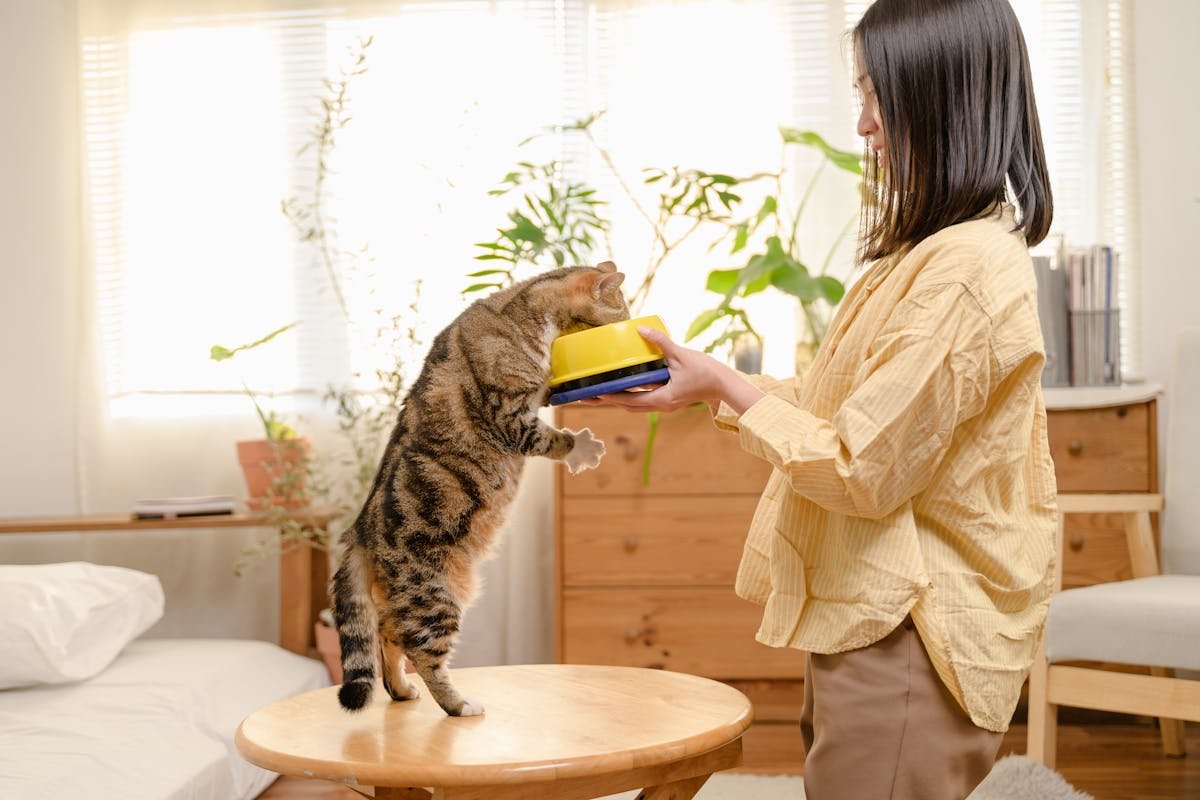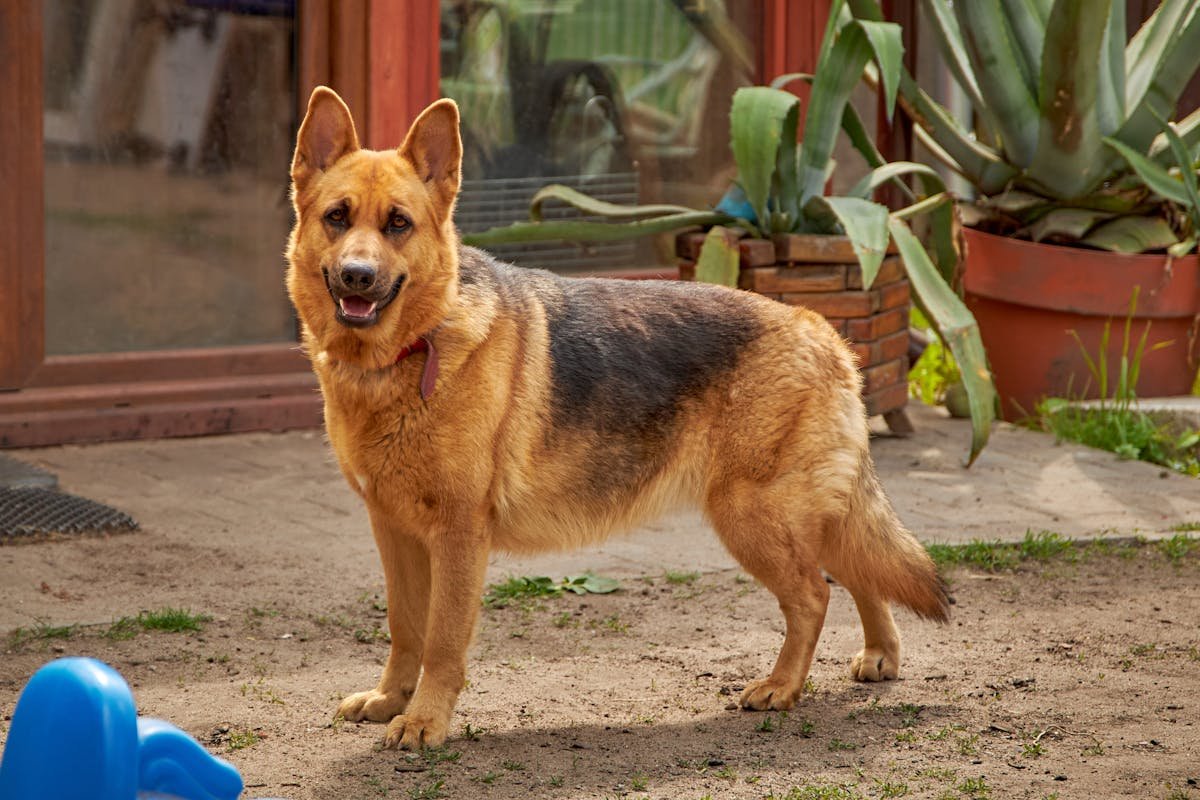Healthy eating: can cats eat salad?
Pet / Date: 01-30-2025

Those who seek a healthy diet certainly include fruits, vegetables, legumes and grains in their diet. It is normal for these options to also be associated with the health of animals. However, does this also work with pets? Can cats eat salad, for example?Offering cats a full and balanced diet allows them to grow up and remain in good condition throughout their lifetime. For this reason, it is essential to look for credible information prior to providing any kind of food to animals. So, check whether cats can eat salad below:
Can cats eat salad?
Cats can generally eat salad, but not all vegetables. A number of very healthy foods for humans are not necessarily good for pets.
You can give your cat salad , but you need to be careful. Offer it without seasonings or condiments that could poison your pet, harm their stomach or make digestion difficult.
Can cats only eat salad?
Salad can not be used because the one of a kind source of vitamins for cats. Pets, as humans, need variety in their food regimen to absorb all the vitamins necessary for his or her fitness.
Cats are carnivores, and therefore they want a excessive protein food plan. So, you could give your kitty a healthful and delicious salad, similarly to different protein assets to make their food regimen balanced.
What is the best food for cats?
Keeping in view the practicality and nutritional needs of cats, cat food remains the ideal choice to provide all the necessary vitamins for the feline body. Moreover, nothing prevents him from having some treats and snacks during the week, like a filling salad!
Natural food for cats
If your cat doesn't like to eat kibble or your owner is looking for other alternatives, homemade food is the option. This diet includes almost everything a cat can eat . These are natural foods, prepared specifically for pets.
If fed normally, cats can consume salad and different veggies. Keep in thoughts that the weight loss program must be mainly prepared by using a veterinary nutritionist. He or she can perform a right checkup to endorse the weight loss plan of the animal with all the required nutrients the animal needs.
This food plan takes extra time from the proprietor, who will ought to put together the food continuously. It is likewise possible to shop for meals at specialised eating places, but this may take some more rate within the price range. For the animal, though, it is surprisingly beneficial to devour fresh and wholesome food daily!
What foods to add to cat salad?

Now that you are aware of the fact that cats can have salad as a supplement to their carnivorous diet, it's time to decide on ingredients that will form this meal.
There is no secret to creating a salad. Since cats are extremely finicky eaters, do not combine many things together because it may not be quite appetizing. Begin with two or three ingredients and add more if your cat takes an interest. Here's what you should put:
- carrot;
- pod;
- okra;
- okra;
- chayote;
- pumpkin;
- eggplant;
- cabbage;
- zucchini;
- beet;
- tomato;
- escarole;
- arugula;
- broccoli;
- cauliflower;
- spinach;
- butter cabbage;
- radish.
How to offer salad to your cat?
Cat salad needs to be cleaned beforehand. If you prefer to give your cat raw food, especially harder foods like beetroot, it is best to offer it grated or crushed.
To cook food, choose to steam it and cut it into small pieces or thin slices. To ensure that your cat eats salad safely, vary the vegetables and greens every day.
Variety is very important. In addition, certain foods, if consumed in excess, can cause gas or indigestion. Whenever you have any doubts, talk to your veterinarian.
What can't be in a cat salad?
Not all vegetables are good for cats. Never add onion or garlic (even crushed garlic) to salads — they can cause anemia. In addition, cats can eat lettuce only in moderation. Remember that seasonings such as lemon, vinegar or olive oil are also prohibited.
Even if the owner has chosen all the ingredients and the correct amount of the salad , some cats may experience changes in their diet because they are not used to this diet. If your cat's appetite or mood changes, or if they vomit or have diarrhea, seek veterinary care.
Follow Us
Newsletter
Subscribe to our newsletter to stay updated with our latest news and offers.
We respect your privacy.






